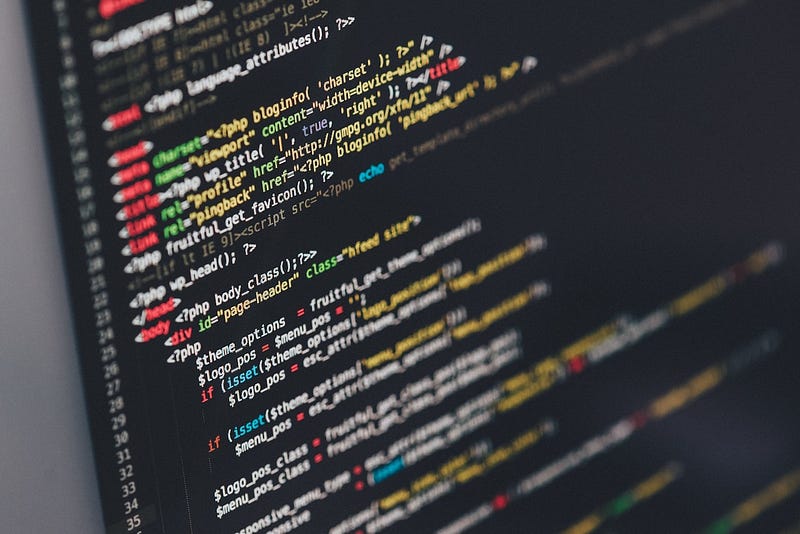
Blockchain technology has rapidly emerged as a transformative force across various industries, offering unparalleled security features. Originally developed as the underlying framework for cryptocurrencies like Bitcoin, blockchain has expanded its influence into sectors such as finance, healthcare, and supply chain management. This short article explores the fundamentals of blockchain technology and its significant impacts on security.
What Is Blockchain Technology?
Definition of Blockchain
Blockchain is a decentralized, distributed ledger technology that records transactions across multiple computers. The unique structure of blockchain ensures transparency, immutability, and traceability.
How Blockchain Works
- Blocks: Each block contains a set of transactions.
- Chains: Blocks are linked together in chronological order.
- Consensus Mechanisms: Nodes in the network must agree on the validity of transactions.
Key Features of Blockchain Technology
Decentralization
Unlike traditional systems that rely on central authorities, blockchain distributes control across a network of nodes, reducing the risk of single points of failure.
Immutability
Once a transaction is recorded on a blockchain, it cannot be altered, ensuring data integrity.
Transparency
Every participant in a blockchain network can access the ledger, fostering trust among users.
Cryptographic Security
Blockchain employs advanced cryptographic techniques to secure data and transactions.
The Role of Blockchain in Enhancing Security
Data Integrity
Blockchain’s immutable nature ensures that data stored within the network remains tamper-proof, mitigating risks of fraud and unauthorized alterations.
Secure Transactions
By eliminating intermediaries, blockchain reduces vulnerabilities and ensures secure, peer-to-peer transactions.
Resilience Against Cyberattacks
Decentralized systems are inherently more resistant to attacks, as compromising a single node does not affect the entire network.
Blockchain Applications in Security
Financial Sector
Blockchain fortifies financial transactions by providing end-to-end encryption and reducing fraudulent activities.
Healthcare
In healthcare, blockchain secures patient records, ensuring that sensitive information remains confidential and accurate.
Supply Chain Management
Blockchain enhances supply chain transparency, preventing counterfeiting and ensuring product authenticity.
Cybersecurity
Blockchain strengthens cybersecurity frameworks by offering secure authentication mechanisms and reducing phishing and hacking risks.